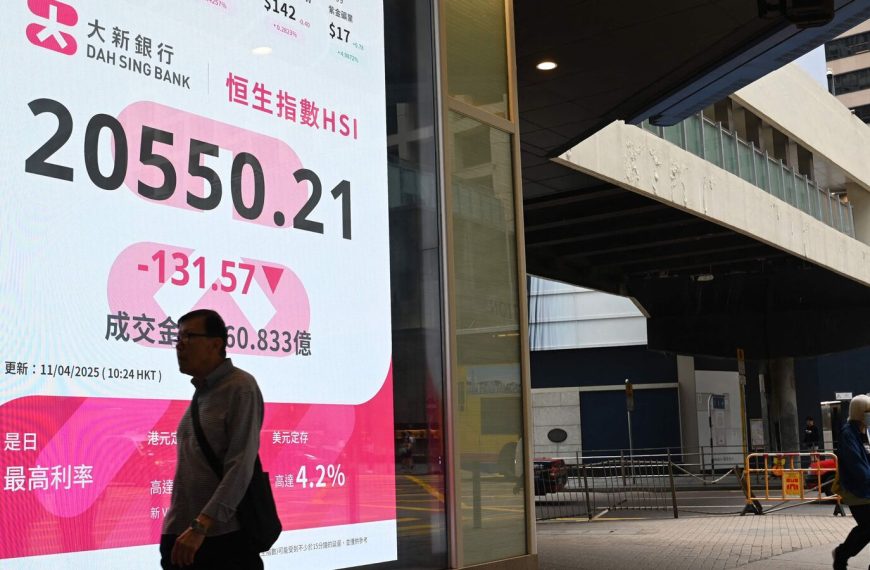Taiwan’s financial authority has rolled out new short-selling regulations aimed at stabilizing the local stock market in reaction to recent aggressive tariffs imposed by Donald Trump. These updated measures, which take effect on April 7, significantly reduce the volume of intraday securities lending orders to 3% of the average daily trading volume over the last 30 days, down from the previous cap of 30%. Additionally, the minimum margin requirement for short-selling will increase from 90% to 130%.
Market Reactions to Tariff Announcements
According to a statement from the Financial Supervisory Commission (FSC), the recent announcement by the U.S. regarding reciprocal tariffs has created considerable turmoil in global stock markets, and Taiwan’s market had yet to respond due to a holiday closure. The FSC emphasized that ongoing reactions in the global financial landscape could introduce significant uncertainties for Taiwan’s economy.
- New short-selling limits: Reduced from 30% to 3%.
- Increased margin requirement: Raised from 90% to 130%.
- Effective dates: April 7 to April 11.
The FSC assured the public that it would monitor the situation closely and implement further stabilization measures if necessary. Taipei’s trading was halted for two days due to a nationwide holiday, with operations set to resume on Monday.
Historical Context and Future Plans
Taiwanese regulators previously instituted similar short-selling restrictions in September 2022, responding to market volatility spurred by concerns over the Federal Reserve’s aggressive interest rate hikes and recession fears. In a related development, Taiwan’s National Financial Stabilization Fund is scheduled to convene a committee meeting this month, as noted by the Ministry of Finance. This fund played a crucial role in supporting the stock market during periods of investor anxiety in 2022.
In a bid to address these economic challenges, President Lai Ching-te stated that Taiwan does not intend to impose retaliatory tariffs but is committed to negotiating improvements to the existing tariffs with the U.S. The presidential office indicated that discussions could start from a position of “zero tariffs,” with a focus on enhancing investments in sectors like electronics, petrochemicals, and natural gas.
Strengthening Economic Ties with the U.S.
This initiative aligns with recent announcements from Taiwan Semiconductor Manufacturing Co., and the island’s defense ministry has also proposed a list for arms procurement. Furthermore, the government is planning to increase its purchases of agricultural goods, oil, and natural gas from the United States, showcasing a robust strategy to strengthen economic ties.
By implementing these measures, Taiwan aims to ensure a resilient market environment while navigating the complexities of international trade relations. With ongoing developments, the financial community will be watching closely for further updates.










